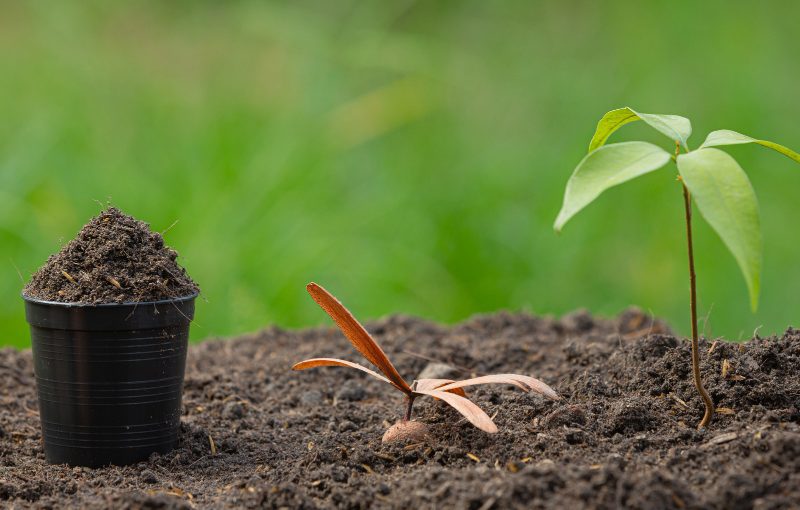
As winter blankets your garden with frost, it’s crucial to continue caring for your plants and soil to ensure a vibrant and healthy garden come spring. Here are essential tips for effective garden and soil care during the winter months.
1. Mulching for Insulation
Applying a layer of organic mulch around your plants provides insulation against extreme temperature fluctuations. Mulch helps regulate soil temperature, preventing it from freezing and thawing rapidly, which can be harmful to plant roots. Consider using materials like straw, shredded leaves, or bark for effective insulation.
2. Protecting Plants from Frost
Cold winter nights can be harsh on delicate plants. Shield them from frost by covering them with frost cloth or burlap. This protective layer helps retain heat and shields plants from freezing temperatures, preventing damage to leaves and stems.
3. Proper Watering Practices
While it might seem counterintuitive, watering is still necessary during winter. Ensure your garden receives adequate moisture, but be mindful not to overwater. Watering should be done during the warmer parts of the day to prevent the formation of ice on plants.
4. Soil Aeration for Nutrient Absorption
Healthy soil is the foundation of a thriving garden. Consider aerating the soil during the winter months to improve its structure and allow better absorption of nutrients. Aeration also promotes better water drainage, preventing waterlogging, which can be detrimental to plant roots.
5. Adding Compost for Nutrient Boost
Enrich your soil with compost to provide essential nutrients for your plants. Compost enhances soil fertility, promotes microbial activity, and improves overall soil structure. This organic matter acts as a slow-release fertilizer, ensuring your plants receive the nutrients they need throughout the winter.



